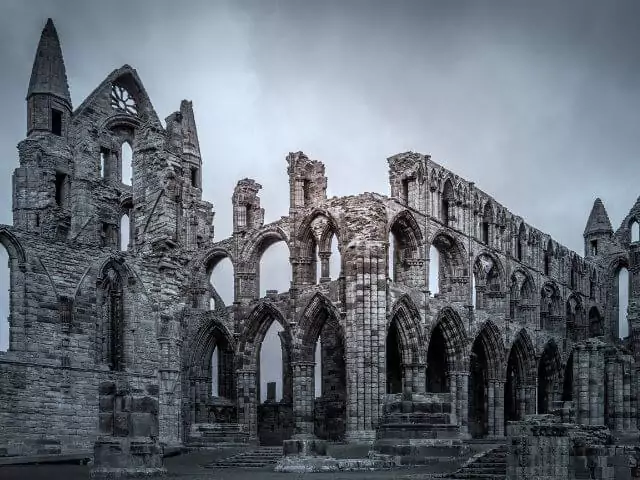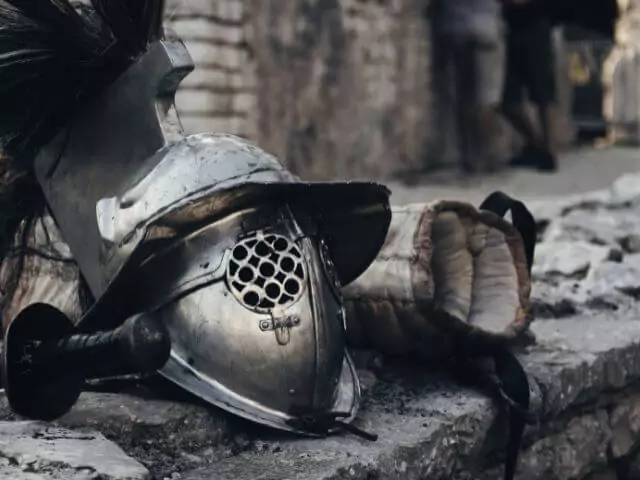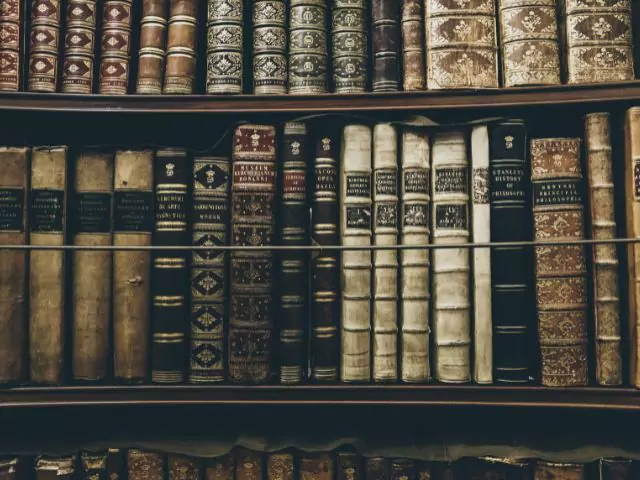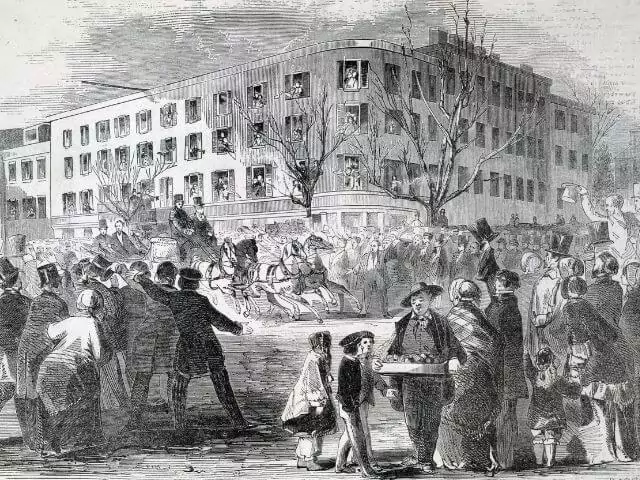History isn’t just reciting lists of dates or knowing when the Battle of Hastings took place. It’s about understanding why those events mattered in both national and international contexts.
Historians are challenged to examine past events, explore their historical context and understand the impact they have on the present. Through extensive study, they develop a great foundation of general knowledge of historical events. However, they typically have a speciality or focus on a particular area in which they become an expert.
This could be a time period, country, region or History type. So, if you are an aspiring Historian and have a passion for women’s rights, you could concentrate on the History of women. You could study U.S. History with a particular focus on 1980's pop culture, or even specialise in the development of science.
No matter the avenue, Historians explore the relevant accounts of their specialism extensively. Collating details and evidence that act as pieces of a giant puzzle that help to build an accurate narrative of what occurred.
If History is an area that has always piqued your interest, then studying GCSE History is a great way of broadening your knowledge and embarking on a fascinating career.

GCSE History
This GCSE History course enables you to study different periods, engage with key issues such as conflict, gain an understanding of what drives change and how our past influences the present.
Through studying this course, you will learn how to analyse events and judge how they shaped the world then and now. Your studies will centre around America's expansion between 1840-1895, the lead up to the First World War, Britain from 1170 to today and English Restoration between 1660-1685.
In completing your modules and exams you will learn to identify the legitimacy of sources, analyse evidence and build reasoned conclusions on events of historical significance. You will develop strong investigative and critical thinking skills along with a well-rounded grasp of key historical events studied.
The Modules
The content of your GCSE History course will vary depending on who you study with but below are some of the modules you will have the opportunity to study.
America, 1840-1895: Expansion and Consolidation
Here you will focus on the development of America during a turbulent half-century of change. In this time America experienced expansion and consolidation – the expansion to the west and consolidation of the United States as a nation.
Throughout the module, you examine the political, economic, social and cultural aspects of these two developments and how ideas brought about change. You will also see how the role of key individuals and groups can shape change and the impact the developments had on them.
Conflict and Tension: The First World War, 1894-1918
This module looks at the development of Germany during their tempestuous half-century of change. Assessing the period of democracy and dictatorship in the development and collapse of democracy and the rise and fall of Nazism.
You will identify political, economic, social and cultural aspects of both changes, the way ideas impacted them, the role key individuals and groups had in their shaping and the way the developments affected them.
Britain: Power and The People c1170 to The Present Day
Through this unit, you will understand how the relationship between the citizen and the state in Britain developed over a long period of time. You will consider the causes, scale, nature and consequences of protest on that relationship. In following the journey from feudalism and serfdom to democracy and equality, you will see how, in different periods, the state responds to challenges to its authority and their impact. Giving you insight into the rights and responsibilities of the citizen.
You will see how ideas, events or developments in the wider world affected the course of Britain's political development.
Restoration England, 1660-1685
In this module, you will take a detailed look at the restoration of the monarchy. Paying particular attention to key aspects of Charles II’s reign considered from economic, religious, political, social and cultural standpoints of this period and arising contemporary and historical controversies.

What You Will Learn
History and other Humanities subjects provide students with numerous skills and abilities to take into other avenues of their life.
By studying GCSE History, you will prove your ability to develop and extend your knowledge and understanding of specific key events, eras and societies in national and world History.
You will become a successful independent learner and a critical and reflective thinker. You’ll know which questions are relevant to give you the information you need. Taking on investigations with an impartial stance, analysing them in detail to draw substantiated conclusion, by using a range of sources in their context.
You’ll be aware of the reasons people, events and developments are accorded historical significance. Plus, how and why this can result in different interpretations of them.
Finally, you will be able to confidently structure and communicate your knowledge and understanding of concepts in alternative ways to reach substantiated conclusions and help others see your rationale.

What Next?
If you wish to go further and take your GCSE History into a specialism, you will need to go onto study History at both further and higher levels of education. You can progress through A Level History or an equivalent level 3 qualification such as an Access to Higher Education Diploma (Humanities).
Following this, you can go onto study at university level, study a relevant undergraduate degree and perhaps even a master’s or PhD to reach the highest level of specialism and expert status.
History graduates gain employment in numerous industries and roles. Heritage organisations, museums and libraries can be a common choice. Though national and local government, public services, NHS management, the police force and armed services are also popular avenues.
Jobs directly related to a History qualification include:
- Academic Researcher
- Archivist
- Heritage Manager
- Historic Buildings Inspector/Conservation Officer
- Museum Education Officer
- Museum/Gallery Curator
- Museum/Gallery Exhibitions Officer
- Secondary School Teacher
Other relevant roles include:
- Academic Librarian
- Archaeologist
- Broadcast Journalist
- Civil Service Administrator
- Policy Officer
- Politician's Assistant
- Solicitor

Why Study Online Courses?
Whether GCSE History for you is the first step on your path to an ideal career or a way to indulge your hobby, studying online courses allows you to learn flexibly.
You don’t have to set foot in a classroom or keep to a strict timetable. You can simply study when and where it suits you. This is made possible with access to an online portal where all the engaging course materials are stored.
With everything available to you the minute you enrol, you can work through the course materials as quickly as you like. So, if you are looking to qualify at pace, you can with distance learning. You’ll just have to bear in mind how close to the exams you enrol as, if too close, you may have to sit them the following year.
So, if you’ve considered the thought of taking the plunge studying your favourite topic, distance learning may remove the barrier to study that you previously experienced. With flexible payment methods and the ability to enrol and start on the same day, there’s less in the way of you and your goal.
learndirect is a leading UK online course provider. Take your education in your hands by enrolling in our GCSE History online course today. Alternatively, download our FREE GCSE Faculty Brochure for more information below.



















